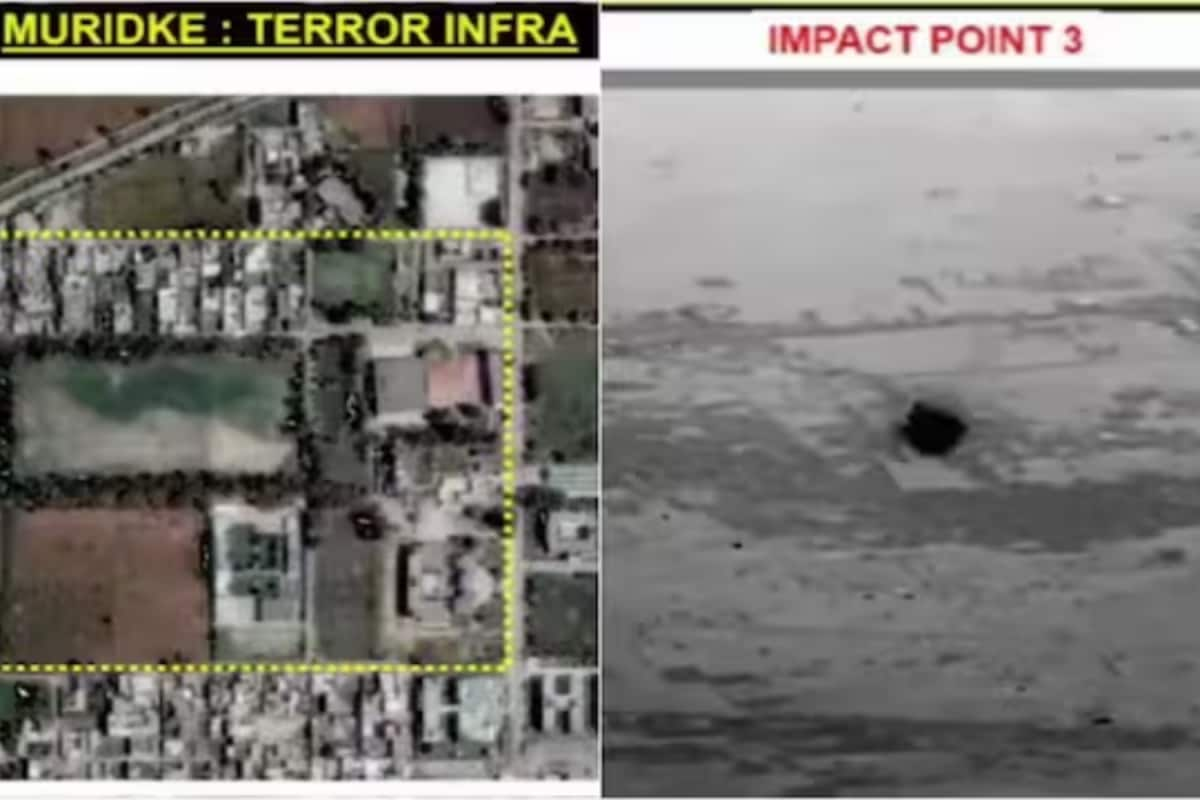

In the aftermath of India's "Operation Sindoor," which targeted alleged terrorist infrastructure within Pakistan, the Pakistani government has vowed to rebuild the town of Muridke, specifically a complex that India claims was a Lashkar-e-Taiba (LeT) terror hub. The strikes, which took place on May 7, 2025, were in retaliation for the deadly attack on tourists in Pahalgam, Indian-administered Kashmir on April 22, for which India blamed Pakistan-backed armed groups.
Operation Sindoor and its Aftermath
India's "Operation Sindoor" involved missile strikes on nine sites, four within Pakistan and five in Pakistan-administered Kashmir. India asserted that these locations housed terrorist infrastructure used by groups like LeT and Jaish-e-Mohammed (JeM). The targeted sites included Muridke, known as the LeT headquarters, and Bahawalpur, identified as a JeM stronghold.
Pakistan, however, has presented a different narrative, stating that the strikes hit civilian areas, including mosques and educational complexes. According to Pakistani authorities, the attacks resulted in the deaths of at least 31 people, including children. Pakistan's military responded by claiming to have shot down five Indian planes, a claim India has not confirmed.
Pakistan's Response and Pledges
In the wake of the strikes, Pakistan's leadership condemned the Indian action, denying any involvement in the Pahalgam attack. Prime Minister Shehbaz Sharif said that a response was "being given" to India. Federal Minister Rana Tanveer Hussain visited Muridke and declared that the Pakistani government would rebuild the town at its own expense. He also said that Prime Minister Sharif and Army Chief General Asim Munir would personally finance the reconstruction of a mosque damaged in the operation.
Muridke: A Contested Site
The targeted complex in Muridke has a history linked to LeT, a group designated as a terrorist organization by the United Nations. Until a few years ago, the complex was used by LeT and later by Jamaat-ud-Dawa (JuD), which has been described as a front group for LeT. Both groups have been banned by the Pakistani government, which has since taken over the facilities in Muridke.
Escalation and International Concerns
The strikes and subsequent responses have heightened tensions between the two nuclear-armed neighbors. Pakistan has reportedly retaliated with shelling along the Line of Control (LoC) and drone incursions into Indian territory. India has also accused Pakistan of using drones and missile attacks to target Indian civilian areas and religious infrastructure.
India Today reported that India used Brahmos supersonic cruise missiles for the first time in live battle during Operation Sindoor, striking air bases in Nurkhan and Rawalpindi. The Indian Air Force also reportedly bypassed Pakistan's Chinese-supplied air defense systems.
The IMF has been urged to reconsider its assistance to Pakistan, with concerns raised that the funds could be used to finance terrorist infrastructure.
Differing Perspectives
India maintains that "Operation Sindoor" was a targeted response to cross-border terrorism, aimed at preventing future attacks. Pakistan, on the other hand, views the operation as an act of aggression against its sovereignty. The conflicting narratives and the resulting escalation have created a volatile situation in the region, with concerns about further conflict.